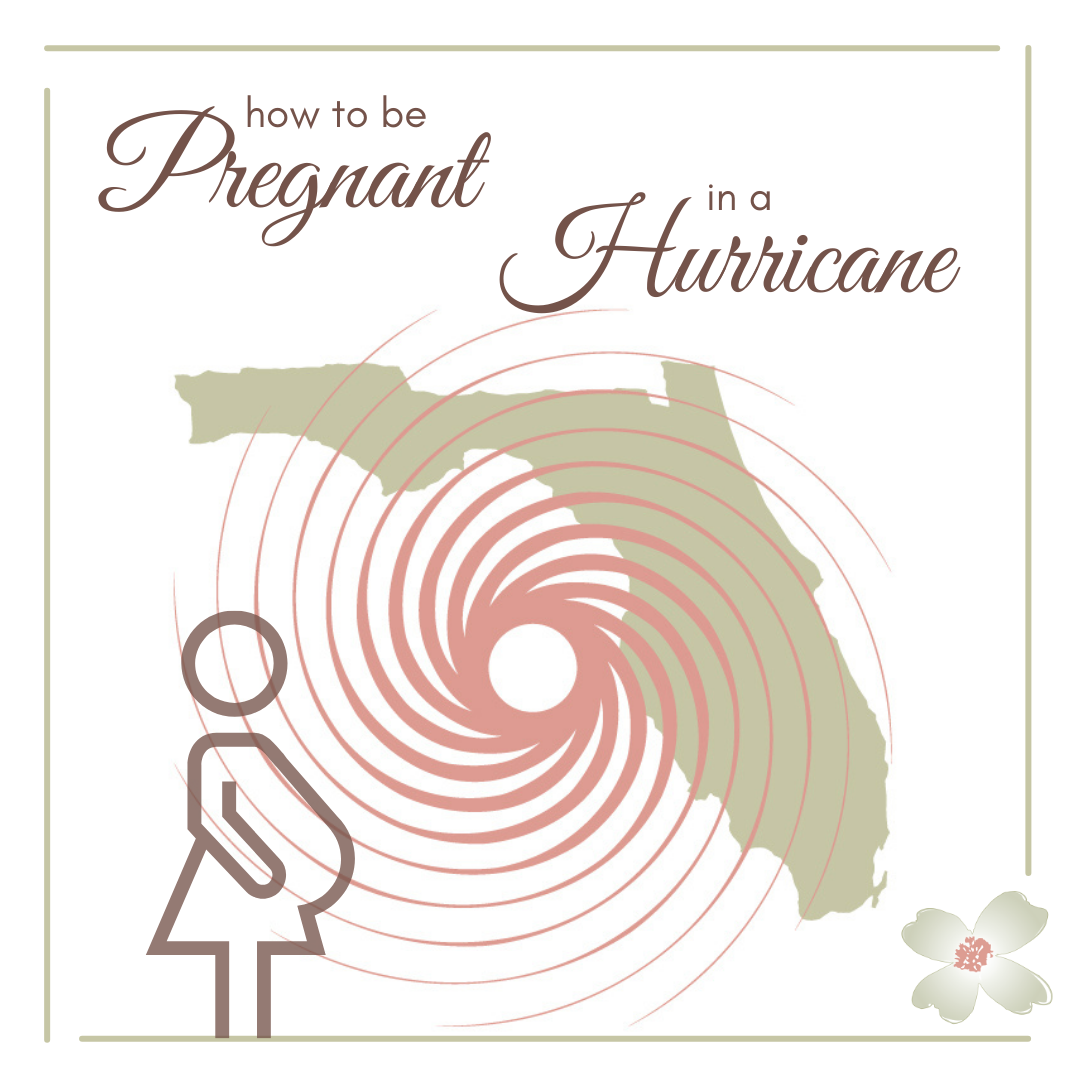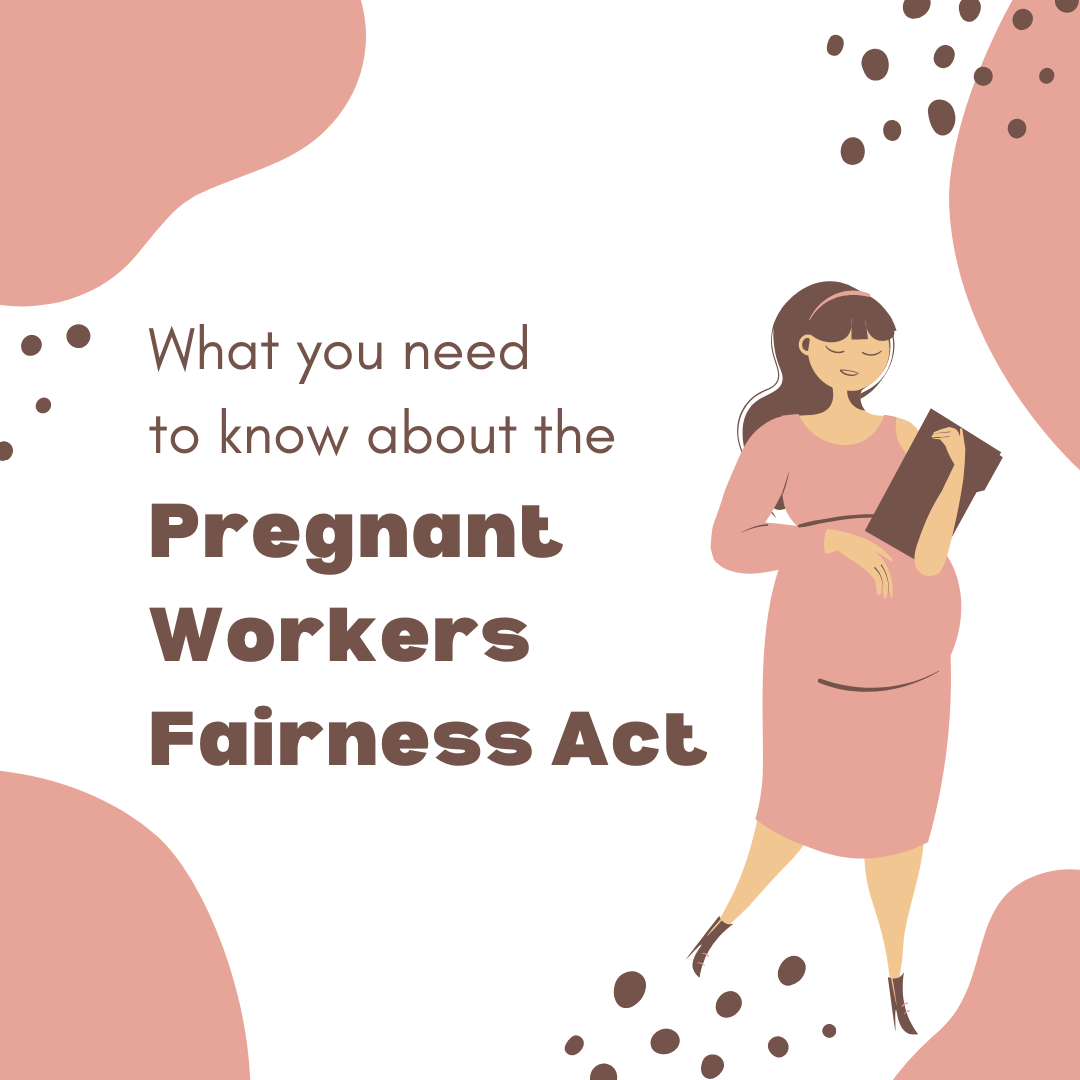Brace yourselves, soon-to-be moms. Hurricane season isn’t over yet. Preparation isn’t as easy-breezy when you’re pregnant; however, with a few extra precautions, you can weather storms safely.
Pack prescriptions and prenatal vitamins.
Keep a list of your medications and vitamins. If possible, carry a two-week supply in the original bottles, sealed within a plastic bag.
If evacuating, request a copy of your prenatal records.
If evacuating the city, you can request a copy of your prenatal records to carry with you, in case you require medical care at another facility. Once printed, keep this record safe and secure. It’s also a good idea to have the login information for your Patient Portal account.
Have list of other hospitals near your evacuation location.
It’s always good to have a backup, in case you go into labor or have a complication while out of town. Make a list of local hospitals and medical centers where you travel. Remember to take your prenatal records.
Know the signs of preterm labor.
The signs of preterm labor include:
- Regular contractions
- Constant low, dull backache
- A sensation of pelvic or lower abdominal pressure
- Mild abdominal cramps
- Vaginal spotting or light bleeding
- Your water breaks
- A change vaginal discharge (watery, mucus-like or bloody)
Do not touch or walk in flood water.
If you do touch the water, use soap and clean water to wash the parts of your body that it touched. Do your best to keep flood water away from your mouth and do not swallow it.
Avoid mosquito bites by using EPA-registered insect repellents and dumping out standing water.
Mosquitoes lay eggs in the standing flood waters from storms. Some mosquitos can spread viruses, including Zika and West Nile. To prevent bites:
- Wear long-sleeved shirts and pants.
- Use window and door screens.
- Use EPA-registered insect repellents with one of the following active ingredients: DEET, picaridin, IR3535, oil of lemon eucalyptus, para-menthane-diol, or 2-undecanone
- Turn over, cover, or throw out items that hold water, such as trash containers, tires, buckets, toys, planters, flowerpots, birdbaths or pools.
Avoid carbon monoxide poisoning by not using generators, kerosene heaters, grills, or camp stoves in an enclosed, unventilated space.
If you use any of these inside, keep open a nearby window or door. Carbon monoxide is colorless and odorless. If you breathe it in, you may feel nauseated or very tired. If you believe you were exposed to carbon monoxide and are experiencing issues, seek medical attention.
Rest often and hydrate.
Being pregnant during and after a disaster can be a stressful time and hard on your body. Rest as much as you can, drink plenty of clean water and eat several times during the day. It is important to go for your regular prenatal care visits as soon as you are out of immediate danger. If you cannot reach your regular health care provider, ask at the emergency shelter or local hospital where you can go to receive care.
If you get sick and require medicine, seek medical attention and ensure the medication is safe for pregnant women to take.
Before taking an over-the-counter medication, review our list of Safe Medications During Pregnancy in your trimester guides (available in your Patient Portal). If you believe you are sick, it is wise to seek medical attention. Be sure to inform the doctor that you are pregnant and take your prenatal records with you.
Healthy Start Women:
If you are part of Healthy Start, let your care coordinator know where you are going. If you evacuate, provide a telephone number where you will be staying. If you are planning to go to a hospital or shelter, then let the care coordinator know where you will plan to go. Remember to bring your prenatal vitamins, medications, and any medical supplies or equipment.
Sources: ACOG, the CDC, March of Dimes, APHA







